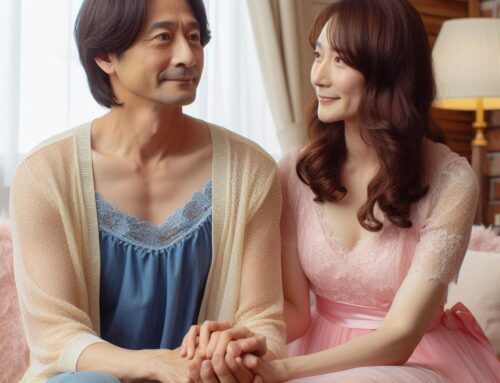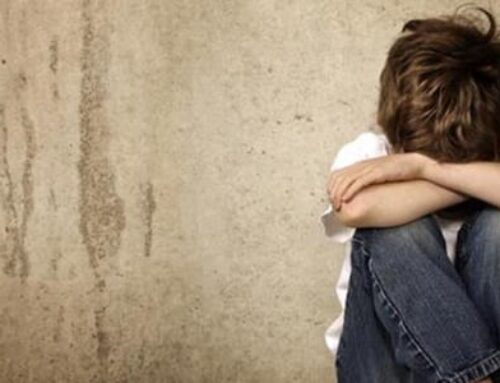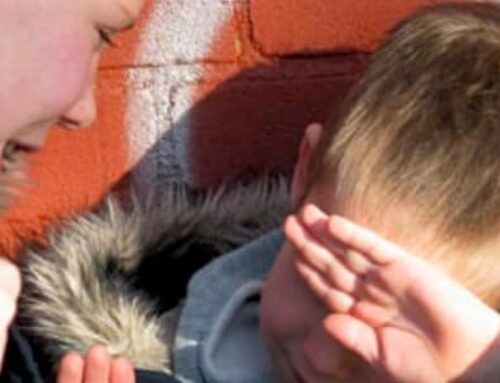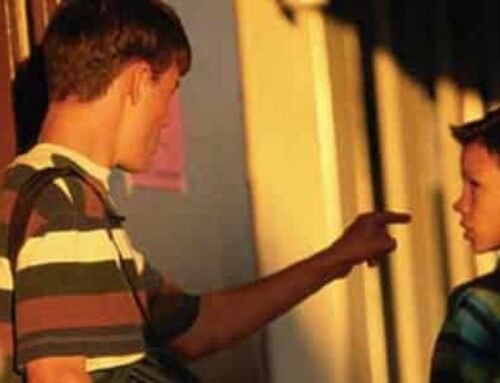 I have already mentioned the theoretical model that makes sense to me and that the author writes of the four tasks the individual completes or achieves before mourning can be described as ‘over’. How long this takes is up to the bereaved person, for some, perhaps, it’s never over. I am trying to share how it has been for me. I know that different people have different experiences and that the word ‘over’ may have a different meaning for each and every one of us.
I have already mentioned the theoretical model that makes sense to me and that the author writes of the four tasks the individual completes or achieves before mourning can be described as ‘over’. How long this takes is up to the bereaved person, for some, perhaps, it’s never over. I am trying to share how it has been for me. I know that different people have different experiences and that the word ‘over’ may have a different meaning for each and every one of us.
For me, I think the pattern of my life during this period, very much reflected the pattern of my marriage and of my upbringing. Family circumstances when I was a child meant that I was often alone but I do not recollect feeling lonely. This may seem strange to people who have grown up in a large family unit with many extended family members and friends, but it was my normal.
My husband and I were both professional people and very much into our work. Throughout our lives together there were many times when one or other of us was studying for further qualifications and we worked sometimes long and unusual hours and it would, on occasion, take David away from home.
We shared and did many things together, the greatest and most important being parenting, but we also had our own interests. We were not a couple who spent every minute of every day together. I am saying this because I think it had a big influence on how I got ‘used’ to it.
In counselling sessions I have listened to people describing their dislike and, sometimes, fear of being alone in their homes. They describe not being able to sleep, of constantly looking for something to do, “to take their mind off it.” Some have gone to stay with another family member and cannot then ‘make’ themselves go home. Some have said that losing their partner was like losing a leg or an arm, they just no longer feet a complete person.
I can understand this, but I did not experience it. Sometimes I was happiest being on my own and when I was invited to go out, I didn’t want to have to make the effort. When I did go out, I think I was my usual ‘public normal’ because I would be out with my friends. The invitations that would have come for David and me as a couple gradually became less and eventually stopped. I feel sad about that now but at the time I was quite grateful that they did. At such times, I really did feel I was a ‘half of a couple’.
Weaving in and out of all this would came the moments when I would be ‘sucked back’ into the turmoil of the earlier days. These tended to be every time something came in that needed me to make decisions about numbers and financial, income tax, pensions, insurance, all those sorts of things. There was post to deal with every day, even if only to shred and throw away, the ‘cold callers’ would telephone and ask to speak to Dave and there was the occasional letter or phone call from someone who had only just heard of his death.
I can look back now and recognise things and that some things were changing. I found myself sleeping in the middle of the bed instead of down one side. My pillows now ‘live’ in the middle. My shopping lists were changing because I was developing different eating habits and I found I could stick to a slimming diet and was losing weight. I even felt some glee that I was mowing the lawn, that had always been David’s job and he frowned on me doing it.
I eventually became aware of the size of my solitude and decided that I had to do something about it. David and I had intended to learn Turkish and when I heard that an evening class was due to start, I enrolled and made some new friends in so doing. The decision to become healthier or at least, plan for a healthier future had started with the weight loss and moved on to the need to get back to doing some exercise (something I had always enjoyed). I started this at home at first and then when I discovered Zumba, it took me out to classes two or three times a week.
I dealt with the ‘first times’. The first Christmas without David, his birthday and even Father’s Day all just seemed like a hill that had to be climbed. It would have been our 40th wedding anniversary two weeks after he died and I remember feeling very strange about that. It was to have been a celebration and now I didn’t even know if I should mention it.
We had a holiday house. It is where we scattered his ashes. I have learned to say, “I have a holiday house” and I have learned to go there without David. At first family or friends travelled out with me. I would have time there on my own and then be joined by a friend and we would travel home together. The first time I flew out on my own seemed ok, but walking out of the airport was difficult but I did it because I had to. I am so glad I never let a ‘first time’ stop me from doing anything.
Once, at the slimming group which I eventually joined, the leader asked us to imagine ourselves in a year’s time. To picture how we would look, where we would be and what we would be doing. When it came to my turn to share, I had to say that I had been unable to do the exercise. I had realised that I could not imagine my future. I knew that I had a future, but I had no idea what it would be like. It was most certainly not the future that David and I had envisaged. That future was no longer available. I learned a lot doing that exercise and I’m wondering now, if that was when I began to move on with the ‘third task’.





A question for the writer, if that is possble here?
Did you find any specific change to your life without David, more difficult than others?
I am asking because I don’t sleep so well on my own since losing my husband Jack 4 years ago.
I hope you feel better soon.
Marg
A very interesting model, four tasks, but it comes across as helpful to those who can maybe hold it together anyway, for me I couldn’t or am I just too emotional?
Its been 5 years now and I am still in pieces. I don’t ever see it getting better.